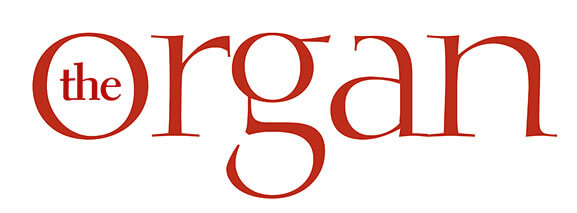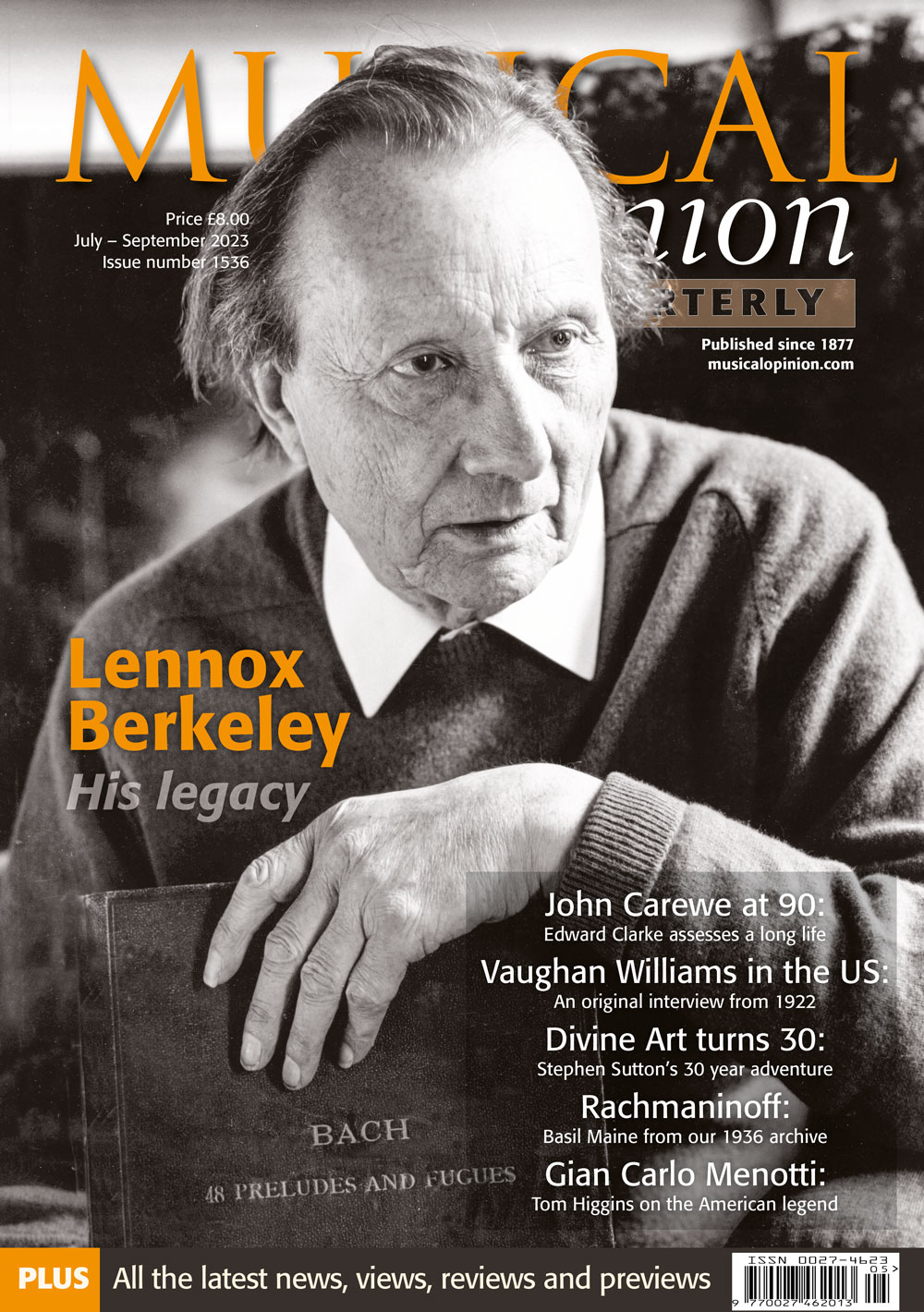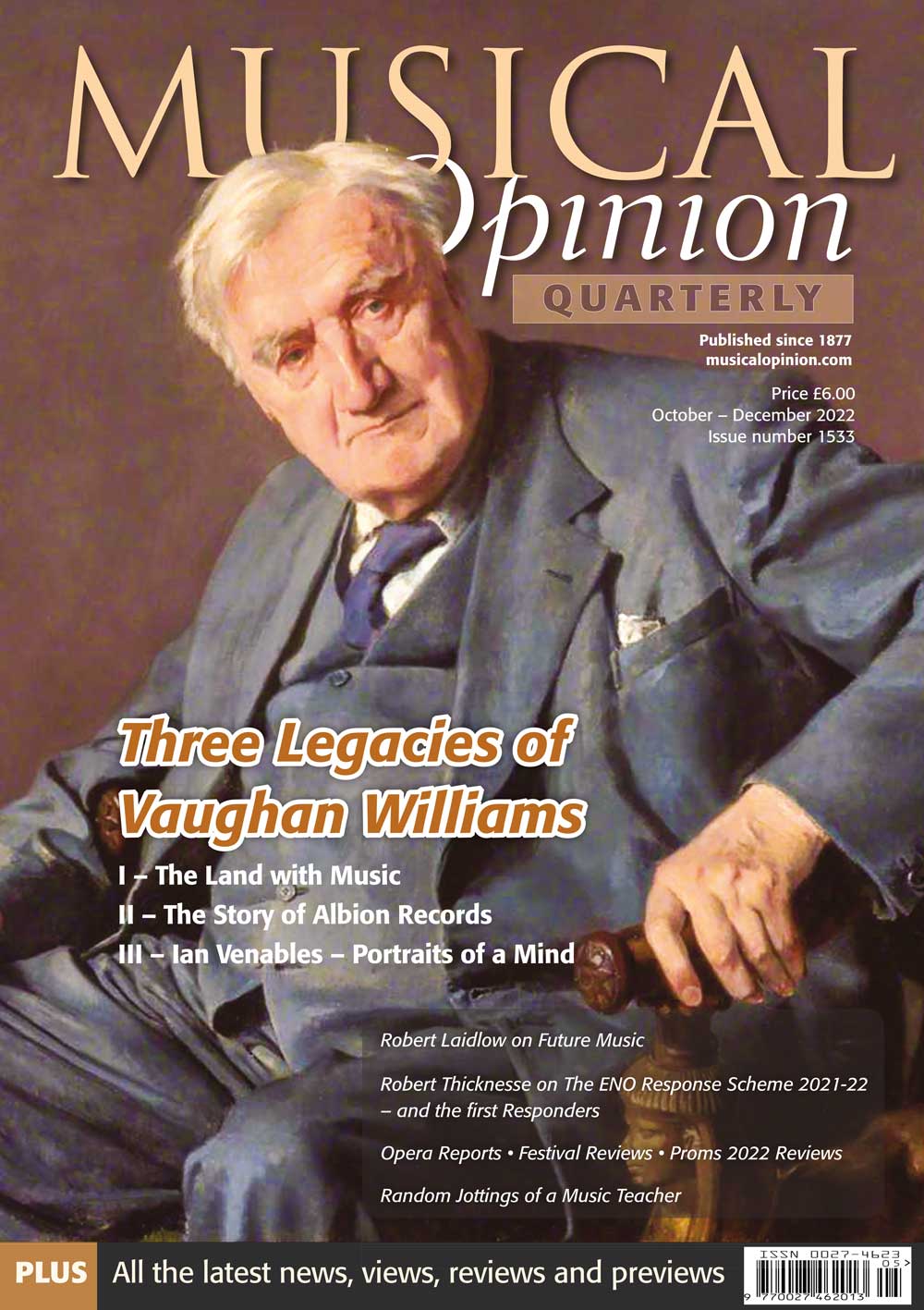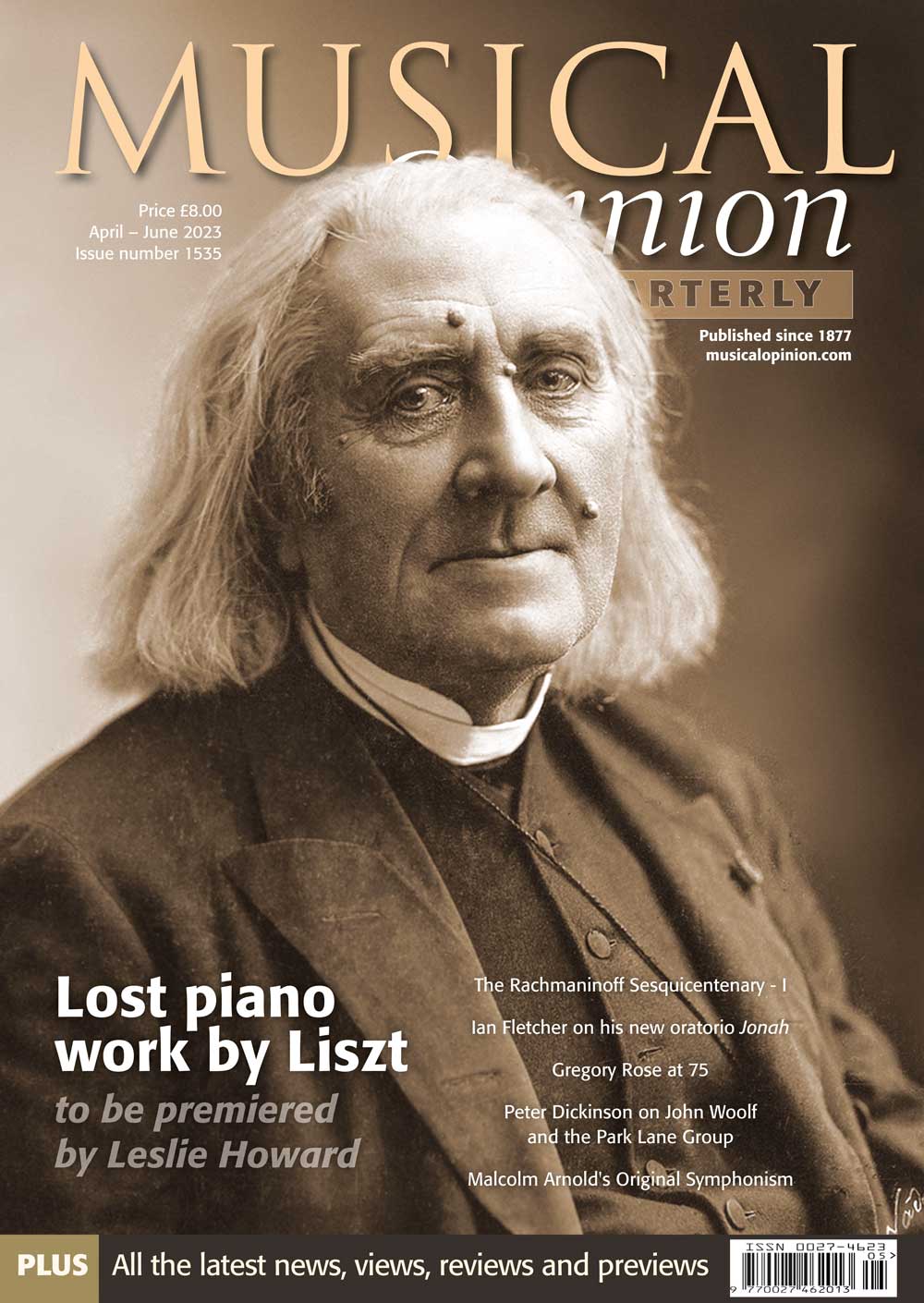Previous Issues
Winter 2024. 407
Autumn 2023. 406
Summer 2023. 405
Spring 2023. 404
Winter 2023. 403
Autumn 2022. 402
Summer 2022. 401
Spring 2021. 400
Winter 2021. 399
Autumn 2021. 398
Whilst staying at A4 size and 56 pages, the magazine has been completely redesigned with different fonts (more easy to read), bigger photopgraphs, more focus on things like specifications and more CD reviews of organ repertoire.
Winter 2021. 395
Spring 2021. 396
Autumn 2020. 394
Summer 2020. 393
Spring 2020. 392
Winter 2019. 390
Autumn 2019. 389
Spring 2019. 387
Winter 2018-19. 386
Explore By Topic
Summer 2021. 397
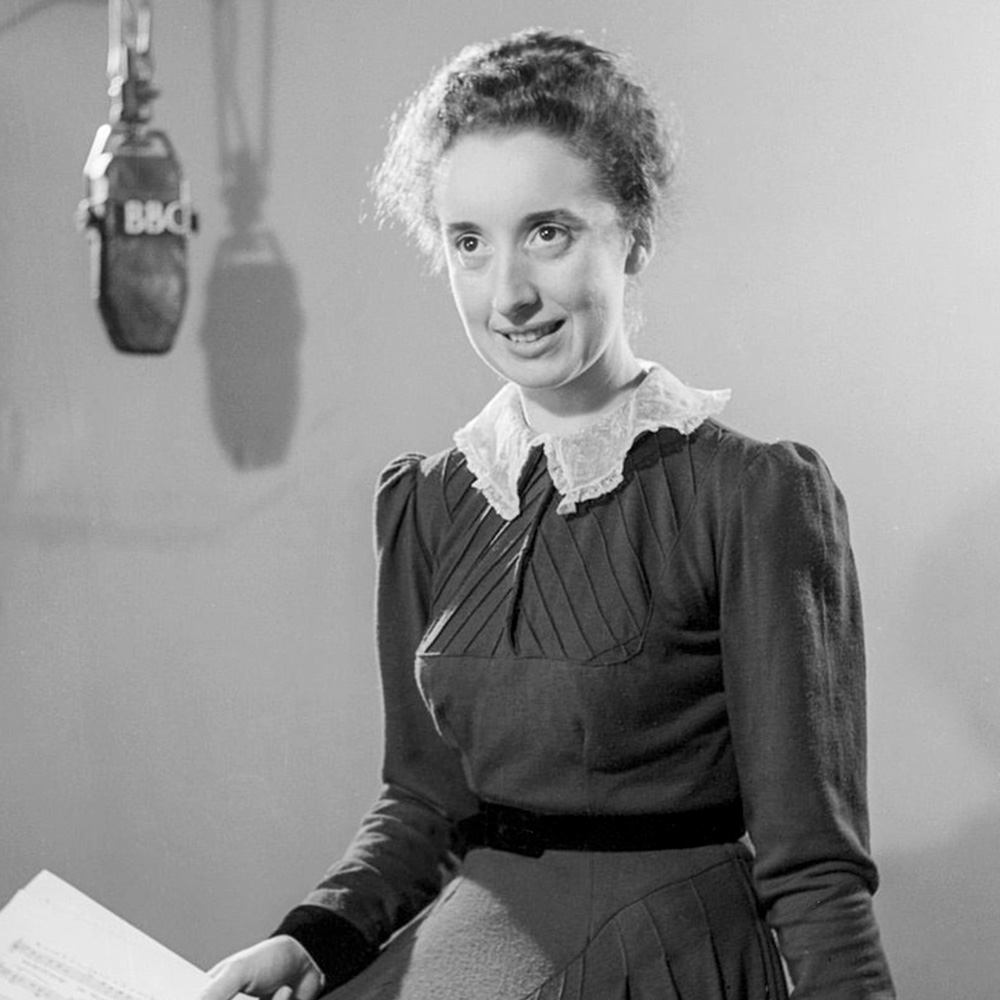
Jeanne Demessieux: a centenary appreciation
D’Arcy Trinkwon
The great French organist Jeanne Demessieux was born 100 years ago: in this commemorative essay, the distinguished English musician writes of her legacy as an interpretative musician, composer, teacher and Decca recording artist.
A great tradition. Unexpected opportunity; a new path. Artistic endeavour; a unified purpose. Paternal protection, promised dreams… A glittering new star emerges. Two remarkable geniuses; the master and the pupil (who outgrew the role)… A début unlike any other; a vanguard for female brilliance… A dark turn of fate in a world of intrigue. Acrimony – shattered promises – doors slammed. Trauma & disappointment. Tragic death. The legend begins, lives on… This may all sound like the synopsis of a silver screen movie or a sizzling novella, but it is in fact the story of an extraordinary career and concerns two of the most famous figures in the history of the organ – Jeanne Demessieux and her Maître, or master, Marcel Dupré; an entwined history.
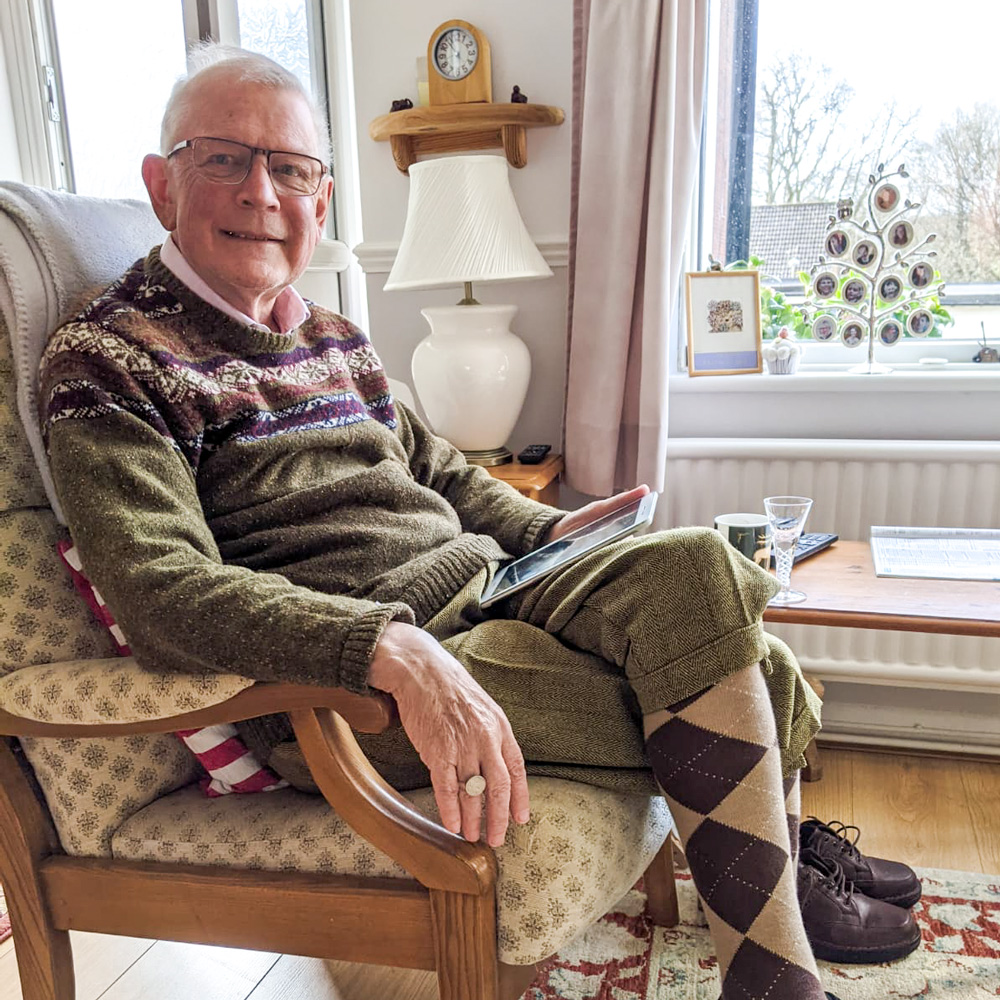
Dr Brian Hick
Obituary
We very much regret to report that Dr Brian Hick, Editor Emeritus of The Organ, died peacefully on May 30, 2021 at St Michael’s Hospice, Sussex, aged 76 years. He was Editor of The Organ for fifteen years, and began writing as a freelance journalist in 1973 with local papers in Surrey and south London. He also wrote a regular weekly column for the Hastings Observer. He is survived by his wife Sally, three children, six grandchildren and one great grandchild.
He founded the on-line classical music review site The Lark, and the associated Lark Press, which published a number of titles relating to music and poetry in the 1066 area.
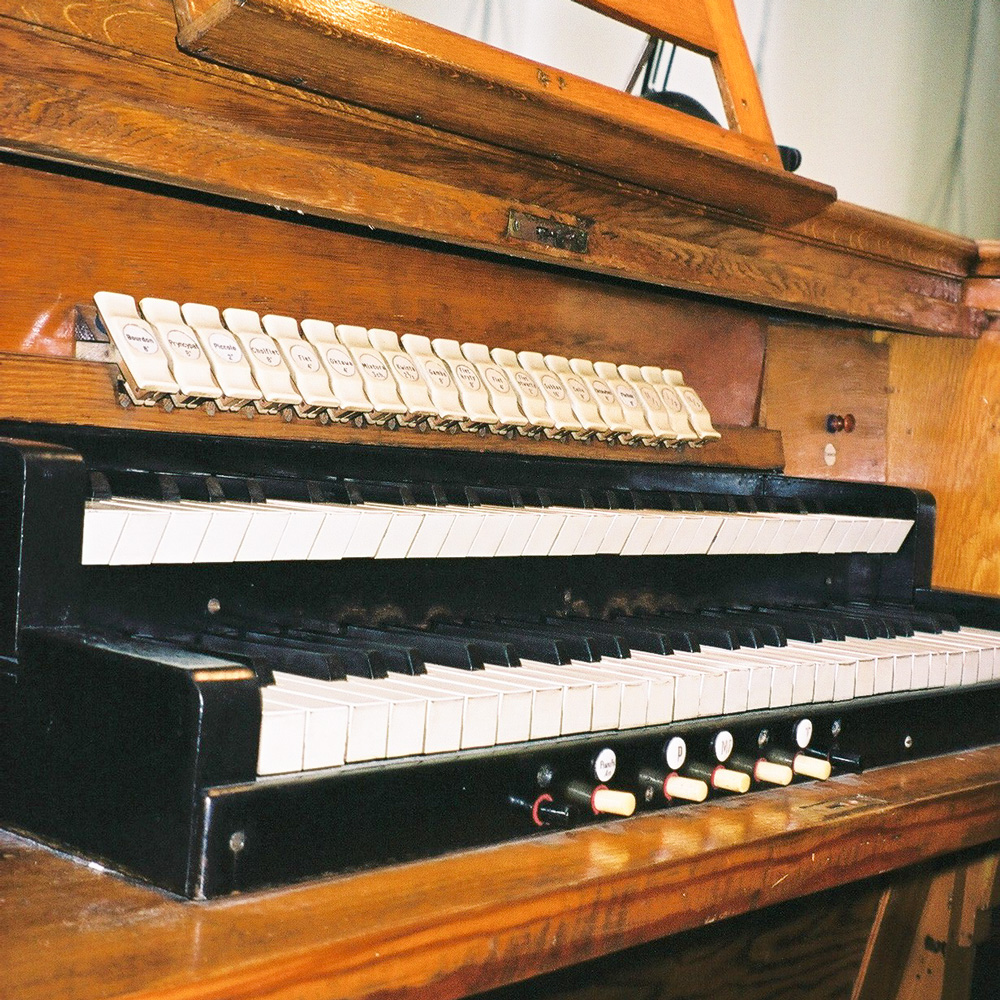
Johann Gottlob Meinert and his organ from 1782
Dr Michał Szostak
In the followiing article, I shall describe the history of one particular organ, which was also the first instrument on which I started to play. This fact determined my musical education and inspired me to grow as a musician. My love for this particular organ also led me to explore its history, which to my great astonishment revealed a treasure hidden under many layers of rebuilds and additions.
The eighteenth century saw archaic solutions confronting more modern ones: an age of inventions and discoveries, which – consciously or not – we use to this day. So it was in these times: the importance of knowledge and reason began to be appreciated, as evidenced by the publication of a series of encyclopedias; as the first – the Encyclopedia of Denis Diderot (1746), or the Scottish Encyclopedia Britannica (1780); Benjamin Franklin (later president of the USA) constructed a lightning rod that kept people away from the danger of unexpectedly losing all their possessions as a result of a raging storm (1752); the first steam vehicle was constructed – a tractor for fieldwork (1771); based on a court judgment in Glarus (Switzerland), the last “witch” was burned at stake (1782); the paving of sidewalks began in Paris (1782); the first steam weaving machines appeared, which revolutionized and rapidly accelerated the pace of development of the textile industry (1785).
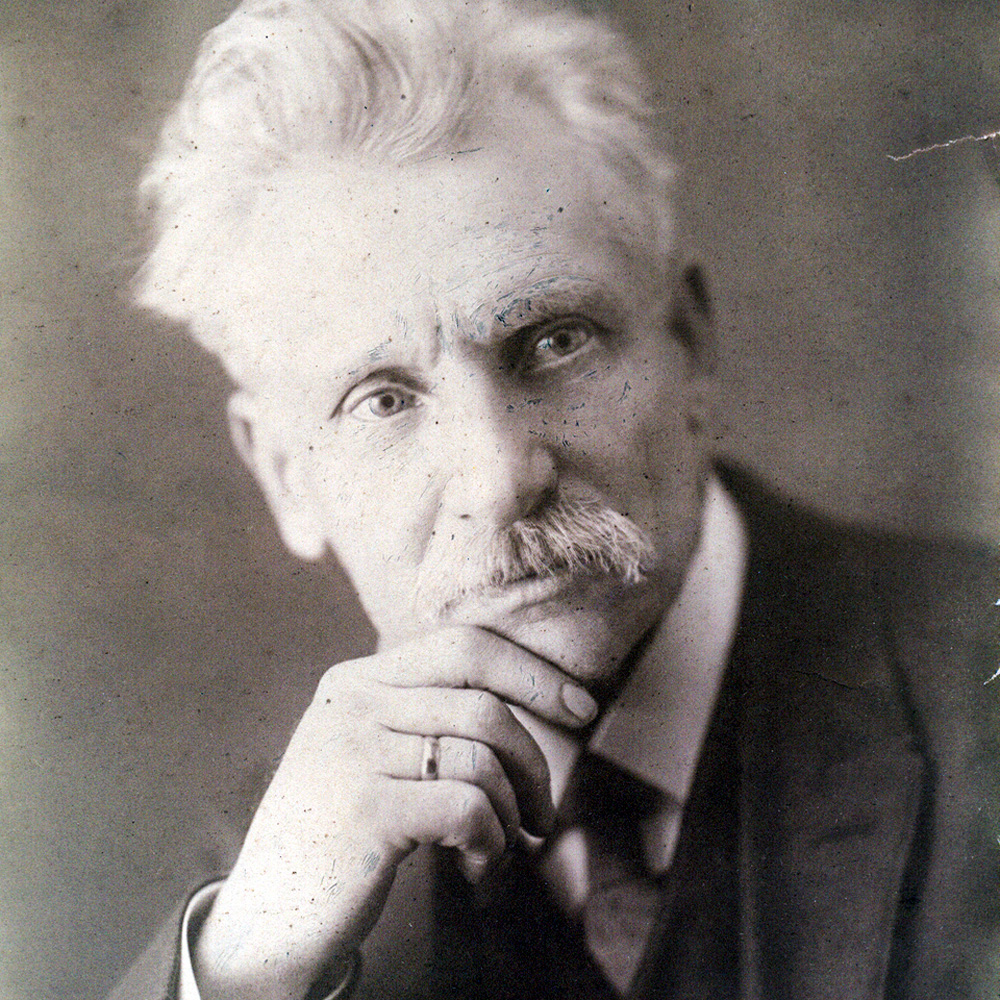
The Organ Music of Felix Woyrsch (1860-1944)
Andreas Dreibrodt and Andreas Willscher
During the Baroque period, the North German organ school around Dietrich Buxtehude earned the region a degree of importance on the international scene that it was not to achieve again in the ensuing centuries. Some 200 years later, the picture still looked rather modest for organ music as a whole but especially in northern Germany, both in output and in its standing in the canon of genres. In the seventeenth century, music for keyboard instruments, particularly for the technically highly sophisticated organ, was at the heart of compositional interest and innovation, but from 1800 onwards other genres came to occupy the focus of western musical culture. Innovations took place in other disciplines, in the symphonic writing, opera, chamber music and art-song, whereas organ music split into ‘Gebrauchsmusik’ (functional music) and non-liturgical concert music, although the latter was only slowly adopted because the very sound of the organ was perceived as objective and static, and thus hard to reconcile with the subjective approach of Romanticism. But then, in the second half of the nineteenth century, a rediscovery of the organ by such composers as Liszt and Rheinberger (building on Mendelssohn’s pioneering work) coincided with developments in the sonic aesthetic of organ-building, aligning the sound of the instrument with the multi-faceted colours of the orchestra, together with a meditative middle-class religiosity that favoured sonic and dynamic aspects.
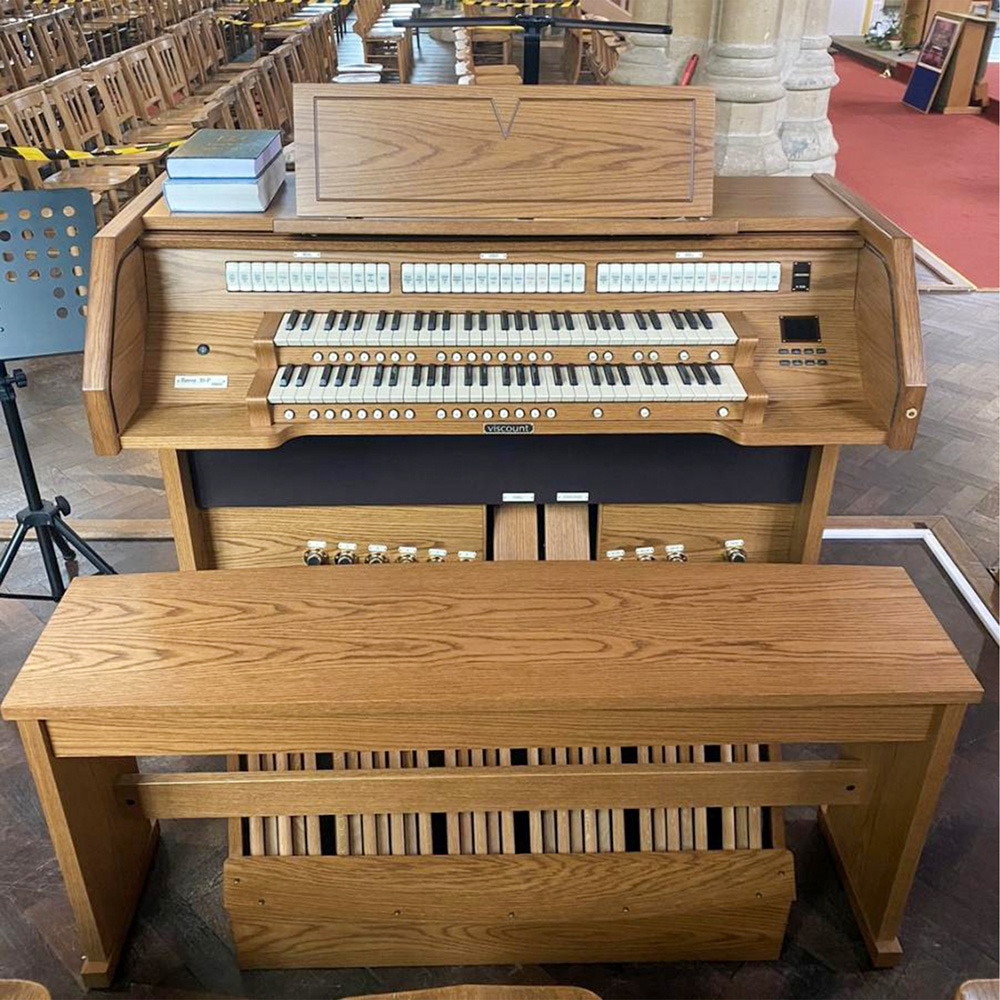
Short term organ hires
Aspire Classical Organs
A short term hire to St Margaret’s Church, Welsh Bicknor in Ross On Wye (1851) required some careful driving to gain access through the very narrow paths. Rather amusingly, the lane departure/collision warnings remained illuminated on our dash for almost a mile. The escort vehicle in front stopped at regular intervals in order for the driver to decamp and guide us through. We were rewarded at the end of the journey with the most spectacular views and the remarkable architecture of this grade II listed building.
The instrument, a Chorum 40s was supplied with a light oak option to compliment the lighter sandstone interior.
